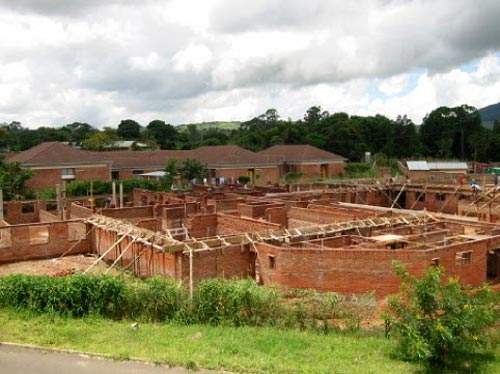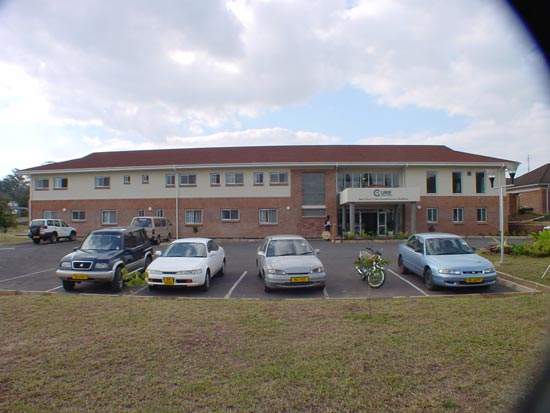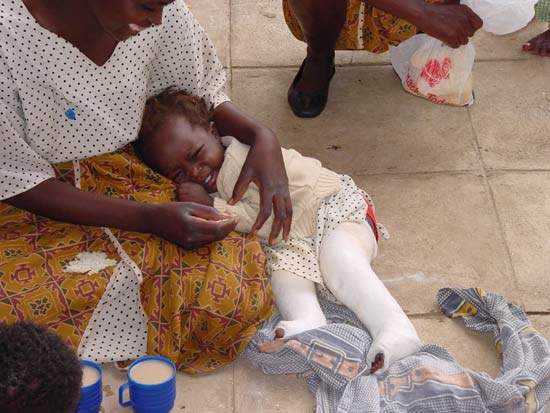Malawi is one of Africa’s poorest countries. Consequently medical provision is very limited both in terms of the number of medical staff in the country and the number of hospital facilities. This is why the charities CURE and the Beit Trust worked to build a brand new hospital in the Malawi capital, Blantyre.
CURE International provides physical and spiritual healing for disabled children in the developing world. As a non-denominational, not-for-profit organization, CURE’s attention is focused providing medical care, training and facilities throughout the world. The Beit trust, the other organization involved in this project, is headquartered in the UK. As defined in its charter, the Beit Trust focuses on those projects that will “best promote the welfare of the inhabitants of the area as at 30 July 1954 comprised within the boundaries of Northern Rhodesia, Southern Rhodesia and Nyasaland.” This now includes modern Malawi.
HOSPITALS IN MALAWI
The new hospital, which is yet to be officially opened, has quadrupled the number of orthopaedic surgeons in the country. In 1998 there was only one national orthopedic surgeon to serve 12 million people. The new hospital staff mean that there is now one surgeon for every three million people. This is still a very high figure and compares to one for every 12,000 in the United States. Consequently, the staffing at the new hospital is a crucial issue. Counting expatriates, the number of doctors, nurses and support staff at the hospital is 95.
ELECTIVE RECONSTRUCTIVE SURGERY
The new facility currently treats 10,000 disabled children and works with an annual operating budget of $555,000. The new hospital covers 2,972m² and features a 50-bed children’s ward, 16 semi private rooms and two operating theatres. It concentrates on elective reconstructive surgery in children, as this is such a needy group, and was designed a built by local companies in Blantyre.
The caseload for the hospital is varied but the common diagnoses include club feet, angular deformities such as bow legs and knock knees, malunited and ununited fractures, osteomyelitis, septic arthritis and TB of the spine. A leg lengthening/bone transport service will be set up and arthroscopy, hip and knee replacement will be available.
NEW MEDICAL COMPLEX
Unlike many typical government hospitals in this area, the new hospital is a clean and modern medical complex and offers a much higher patient/carer ratio. The ratio is about one nurse for every six patients and the treatment is structured to intentionally allow time for the hospitals medical, administrative and spiritual staff to adequately monitor the patients as well as sit with them to talk with the children and their families.
In addition to the undergraduate and postgraduate surgical training mentioned, the hospital will be the base for a training programme for orthopaedic clinical officers (OCOs). This is a group of paramedical clinicians that are unique to Malawi and have developed because of a longstanding lack of doctors in the country.
The hospital will be officially opened when the president of Malawi is able to fit the event in his diary. In the meantime the hospital continues to treat patients.










